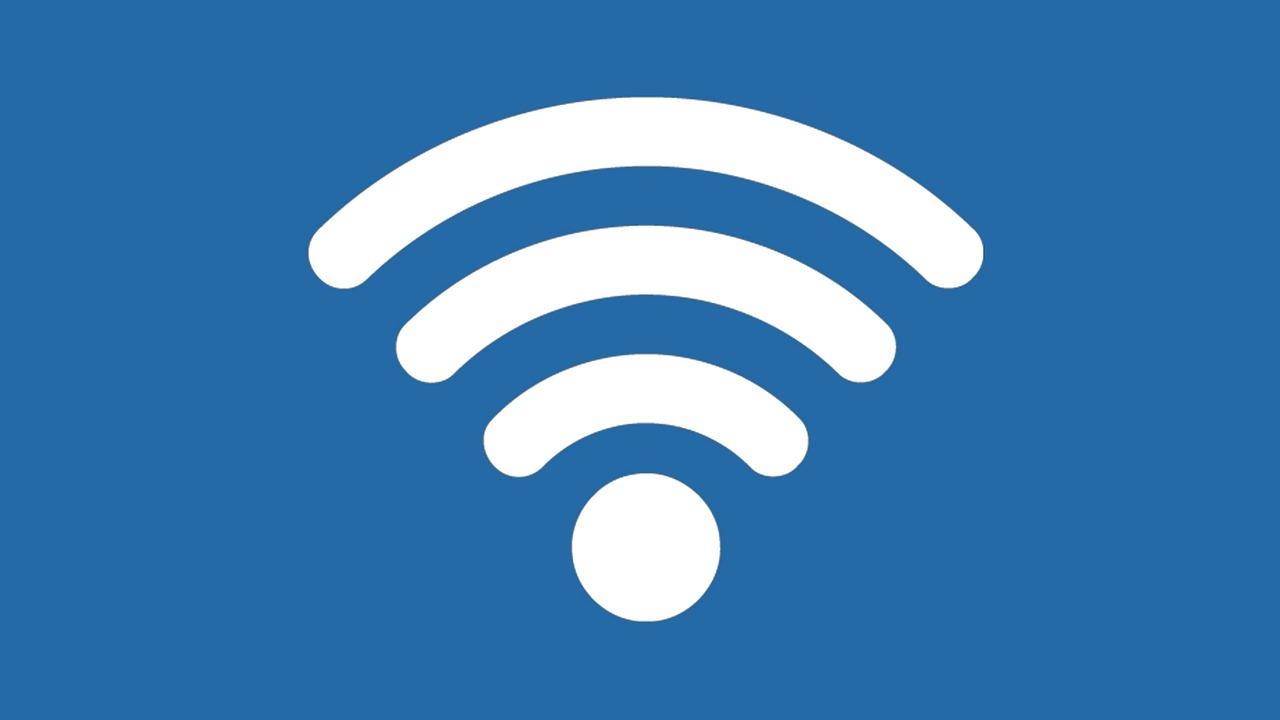See what can happen if your child has free access to a smartphone. Be careful!
With advances in technology, children are having access to cell phones at an increasingly early age. It is not uncommon to see even babies using smartphones, even if they do not yet know how to communicate properly.
But could this growing habit of giving electronic devices, such as tablets and phones, to children have any negative consequences for these children? Keep reading and see the latest news on this subject.

Studies carried out
According to a new study published in The Journal of the American Medical Association Pediatrics, 1-year-olds exposed to screens for four or more hours a day have poorer communication and problem-solving skills at ages 2 and 4.
According to The New York Times, the study also found that a 1-year-old baby who was exposed to even more screen time experienced a two-year delay in the development of motor, personal and social skills. However, this delay appears to disappear by age 4.
The study did not find a reason why screen time caused developmental impairment, but it did find an association between babies exposed to more screen time and delays. These patterns may be explained by the value of face-to-face time, especially for young children, experts say.
Consequences for the child
According to David J. Levkovic, a developmental psychologist at the Yale Child Study Center, parent-child interactions are rich with information for babies, including how facial expressions, words, tone of voice, and physical cues combine to convey language and meaning.
Therefore, it is essential to provide that contact and that does not happen when you look at a screen, explained the expert, adding that he was not surprised by the results of the research.
The results, conducted by scientists in Japan, came from questionnaires about development and screen time given to parents of nearly 8,000 children. Only 4% of the babies stay exposed to screens for more than 4 hours a day, 18% stay less than 2 to 4 hours a day, most stay less than 2 hours.
Overall, children exposed to more cell phone time were born to mothers with lower incomes and less education, who were more likely to suffer from postpartum depression.
The study also found a “dose-response relationship” between screen time and developmental delays. The more screen time children received, the more likely they were to experience impairments in their social and cognitive development. According to the study authors, the research did not differentiate between educational and entertainment screen time. But future studies should explore this angle.
That said, it is essential that parents pay attention to the amount of time they let their children access their cell phones. Ideally, this time should be as short as possible, so that it does not have negative consequences for the child. Even if the content is educational, it is worth paying attention to whether screens are not replacing your role as a father and mother in your baby's life.



